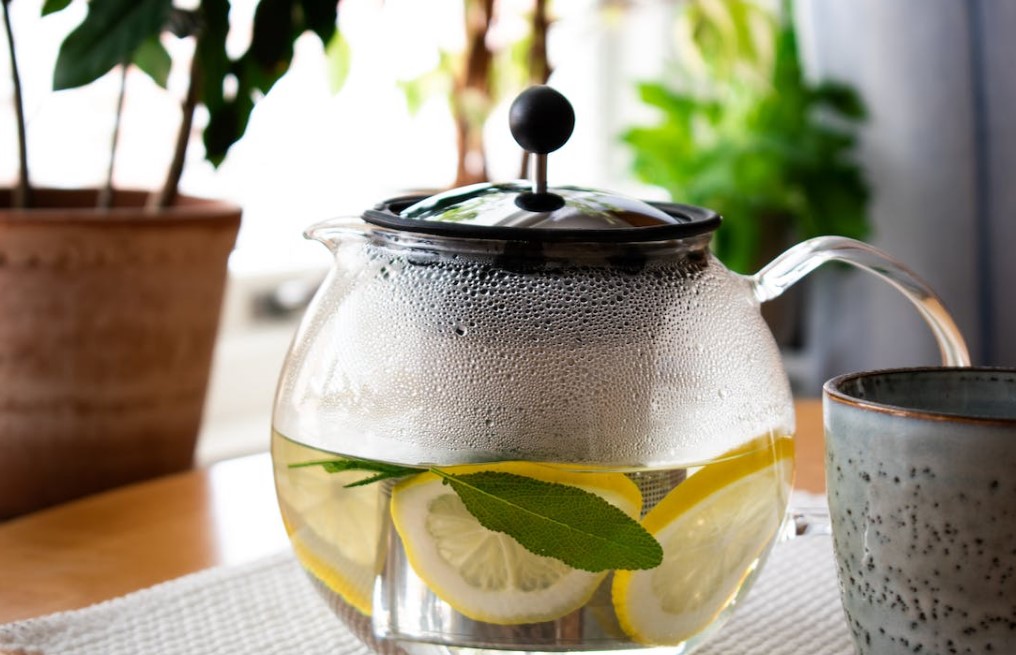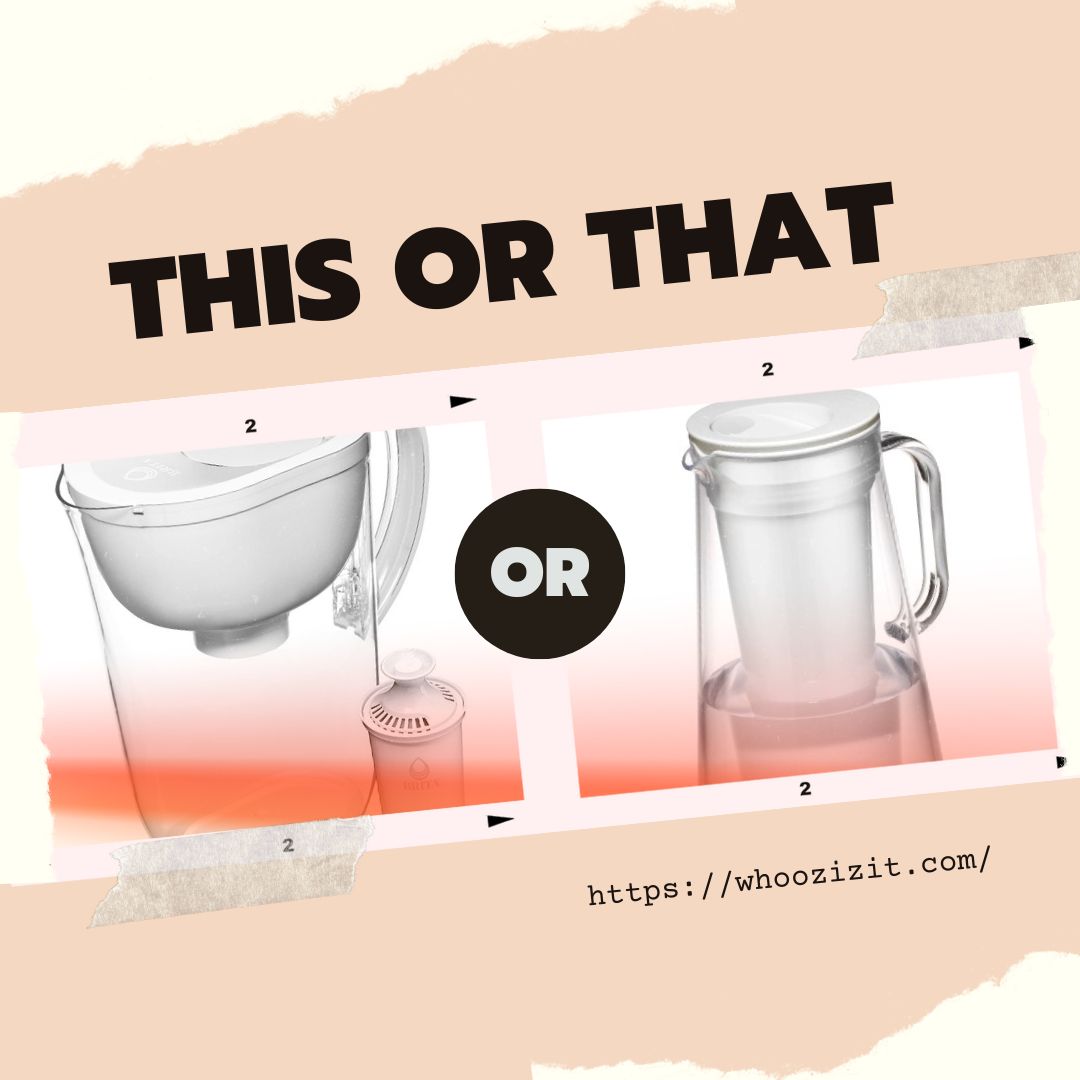We always have to ensure that we are drinking clean water only. To do that, you will need a water filter. It is among the safest ways of ensuring that you are getting the cleanest water. They are a great way of eradicating the excessive use of plastic bottles.
Two of the top brands in the market are LifeStraw and Brita. We are asking ourselves today, Is LifeStraw better than Brita?
Well, to answer that, we have prepared a detailed LifeStraw vs. Brita Pitcher comparison. We will look at detailed comparisons of the most important aspects between these two. Making a choice should be easier after reading our post today. Let’s get to it.
LifeStraw vs. Brita Filter
Let’s go straight into the differences. But first, a simple comparison chart to make it easier to check out the differences.
| LifeStraw Water Filter vs. Brita | LifeStraw Water Filter Pitcher | Brita Water Filter Pitcher |
| Capacity | 10 Cups | 10 Cups |
| Reduces Lead | Yes | Yes |
| Removes Herbicides and Pesticides | Yes | No |
| Removes Parasites and Bacteria | Yes | Yes |
| Weight | 1.8 lbs. | 2.29 lbs. |
| BPA-Free | Yes | Yes |
| Price | View on Amazon | View on Amazon |
Filtration Tech.
You have two options when it comes to Brita. You can go for a standard filter or an elite filter. However, the LifeStraw pitcher has a combination of two types.
Your pitcher might look good, but not have a filtration technology that works, which is why this is important to consider.
LifeStraw has two systems, the first being a membrane microfilter. This system’s technology is like kidney dialysis. The membrane’s filters have pores around 0.2 microns in size. These are meant for filtering silt and sand. It will also remove parasites and bacteria.
There is also a carbon + ion filter that helps in removing other impurities. Such impurities include copper, and lead, among other metals, as well as chlorine and odor so that your water’s taste is improved. But that’s not all. That filter will remove pesticides, herbicides, and other chemicals from your water.
Brita, on the other hand, has two main options. Your standard option makes use of carbon filters coupled with an exchange resin. You can filter out cadmium, copper, chlorine, and mercury from our water and leave the healthy minerals. But if you are interested in removing lead, then the Elite filter is the best option.
Design

How do these two look? Well, they are both portable and compact. LifeStraw has a 10-cup pitcher with a diameter of around 6.3 inches and a height of more than 12 inches. Brita has an Everyday pitcher with a depth of 5.4 inches and a height and width of around 10 inches.
LifeStraw’s style features a flat-top cone design. It will appear similar to a regular pitcher. Only the 7-cup model has a glass variant option. The 10-cup model is made using BPA-free plastic. It is also lightweight around 1.8 pounds only.
Brita also makes use of BPA-free plastic. Their pitcher, however, weighs 2.29 pounds, which is more than LifeStraw Home. Since it is heavier, it has an ergonomic handle to make carrying it easier. Certain models have filter replacement indicators. LifeStraw does not have that indicator.
Filter Performance
The main between LifeStraw vs. Brita filter performance is that LifeStraw will take out more impurities while Brita gives you a higher reduction.
As for the contaminants removed, LifeStraw’s filters will remove more than 30, which is more than Brita’s which removes around 15. The testing done on LifeStraw filters was against heavy metals, industrial contaminants, manufactured chemicals, as well as microbiological pollutants.
Brita’s testing, however, involved incidental contaminants, chemicals, as well as heavy metals. This testing was under lab conditions.
Filter Life
How long do these filters last before you need to make a replacement? Well, the LifeStraw membrane filter will go to around 264 gallons. You can translate that to around 1 year. The carbon + ion filter, however, will only last around 2 months, close to 40 gallons.
Brita, on the other hand, has a 2-month lifespan for the standard filter. The Elite filter will last longer. You will only replace it twice each year.
Conclusion
The choice you make between LifeStraw vs. Brita Pitcher will depend on the details. If what you are after is performance, Brita has what you need. Brita can remove Lead. In this aspect, LifeStraw does not match its competition. However, if you need to remove pharmaceutical contaminants, bacteria, and other industrial impurities, then LifeStraw is a better choice.

